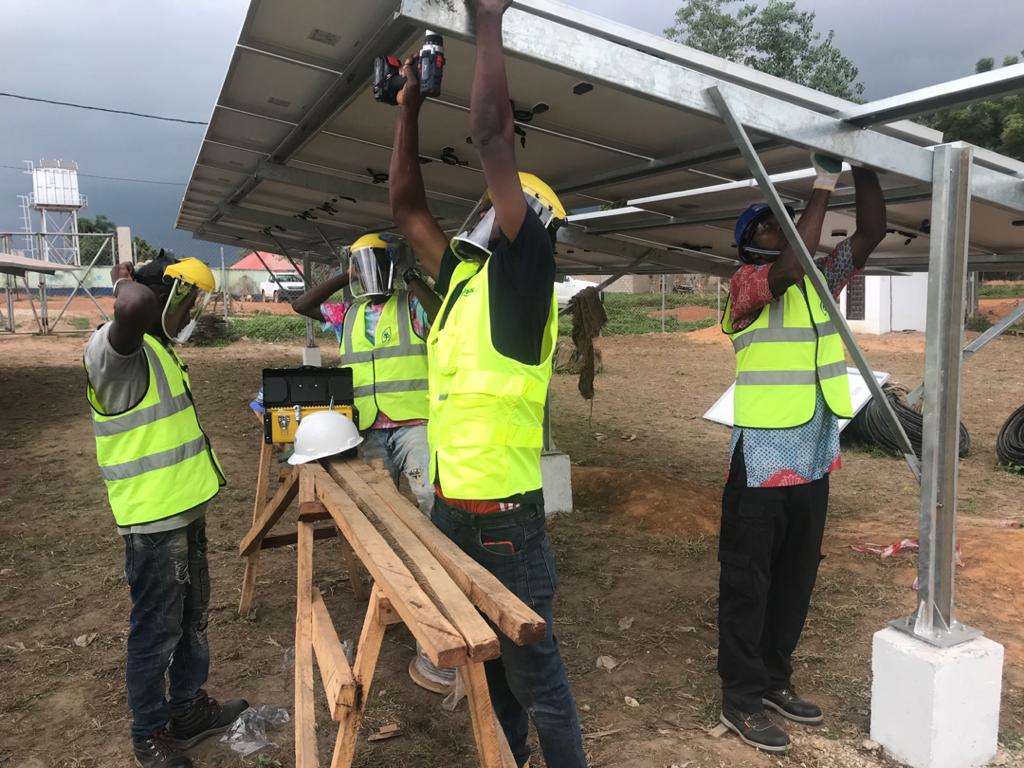U.S.-based solar mini-grid developer Husk Power Systems has signed a deal to develop and operate systems which will offer around 5,000 electric connections across seven rural Nigerian communities.
The former start-up, which also offers biomass-solar systems which process rice farming waste, today announced it had signed a deal with Nigerian public body the Rural Electrification Agency (REA) to install seven solar-plus-storage mini-grids in the communities of Rukubi, Idada, Igbabo, Kiguna, Akura, Gidan Buba, and Sabon Gida.
AgriPV
The systems, to be set up in the local government areas of Doma and Lafia, in Nasarawa state in central Nigeria, will feature battery storage and can also include “a very small amount of diesel … as back-up, on rare occasions,” a spokesperson for the company told pv magazine.
Under the terms of the solar hybrid mini-grid performance-based grant program of the Nigeria electrification project financed by the World Bank and the African Development Bank, Husk will receive grants of $350 per connection and a minimum $10,000 per mini-grid. Based on 5,000 connections, the project would be worth $1.75 million to the developer.
Olu Aruike, Husk Power’s country lead in Nigeria, quoted in the press release, said: “Husk Power’s mission is to rapidly scale the electrification of rural communities and continuously spur economic growth for medium, small, [and] micro enterprises in Nigeria and across sub-Saharan Africa. We are grateful for the leadership and support provided by the REA, and look forward to a long-term partnership in delivering power to all Nigerians.”
The press release issued today by Husk to announce the agreement stated the company had already installed more than 130 mini-grids in India and Tanzania. A company spokesperson said solar-plus-storage systems are better for smaller electric loads, with Husk' biomass-solar systems more appropriate for heavier demand.
This copy was amended on 29/09/21 to reflect Husk is an American, rather than an Indian company, as previously stated.
This content is protected by copyright and may not be reused. If you want to cooperate with us and would like to reuse some of our content, please contact: editors@pv-magazine.com.




By submitting this form you agree to pv magazine using your data for the purposes of publishing your comment.
Your personal data will only be disclosed or otherwise transmitted to third parties for the purposes of spam filtering or if this is necessary for technical maintenance of the website. Any other transfer to third parties will not take place unless this is justified on the basis of applicable data protection regulations or if pv magazine is legally obliged to do so.
You may revoke this consent at any time with effect for the future, in which case your personal data will be deleted immediately. Otherwise, your data will be deleted if pv magazine has processed your request or the purpose of data storage is fulfilled.
Further information on data privacy can be found in our Data Protection Policy.